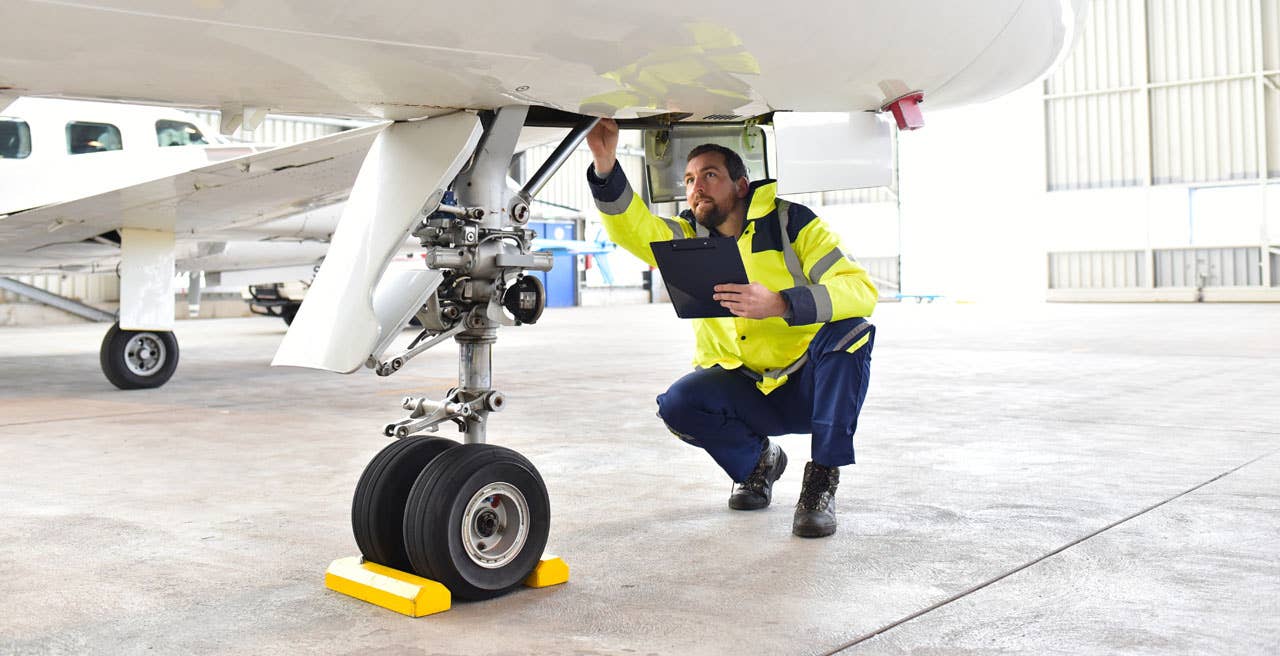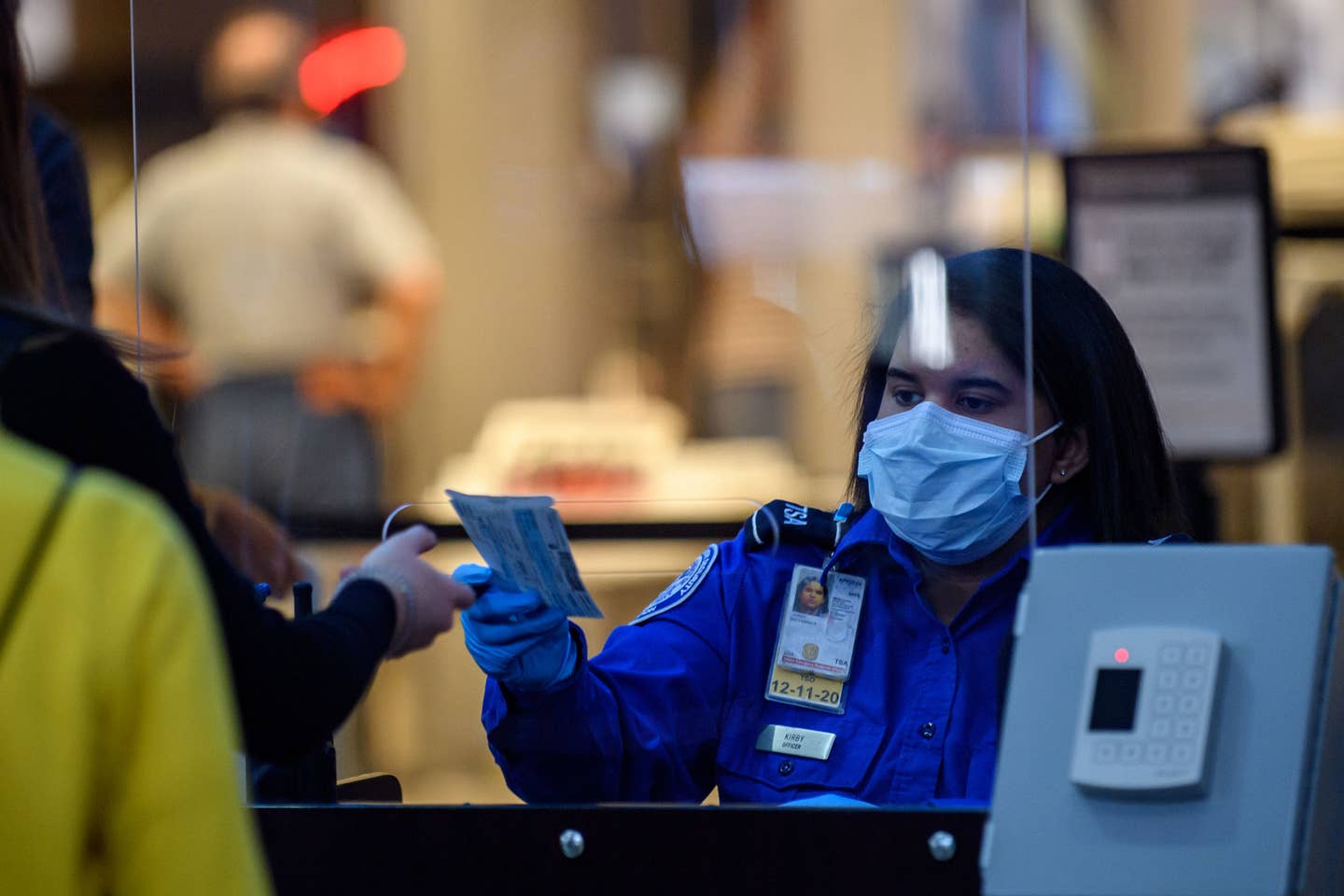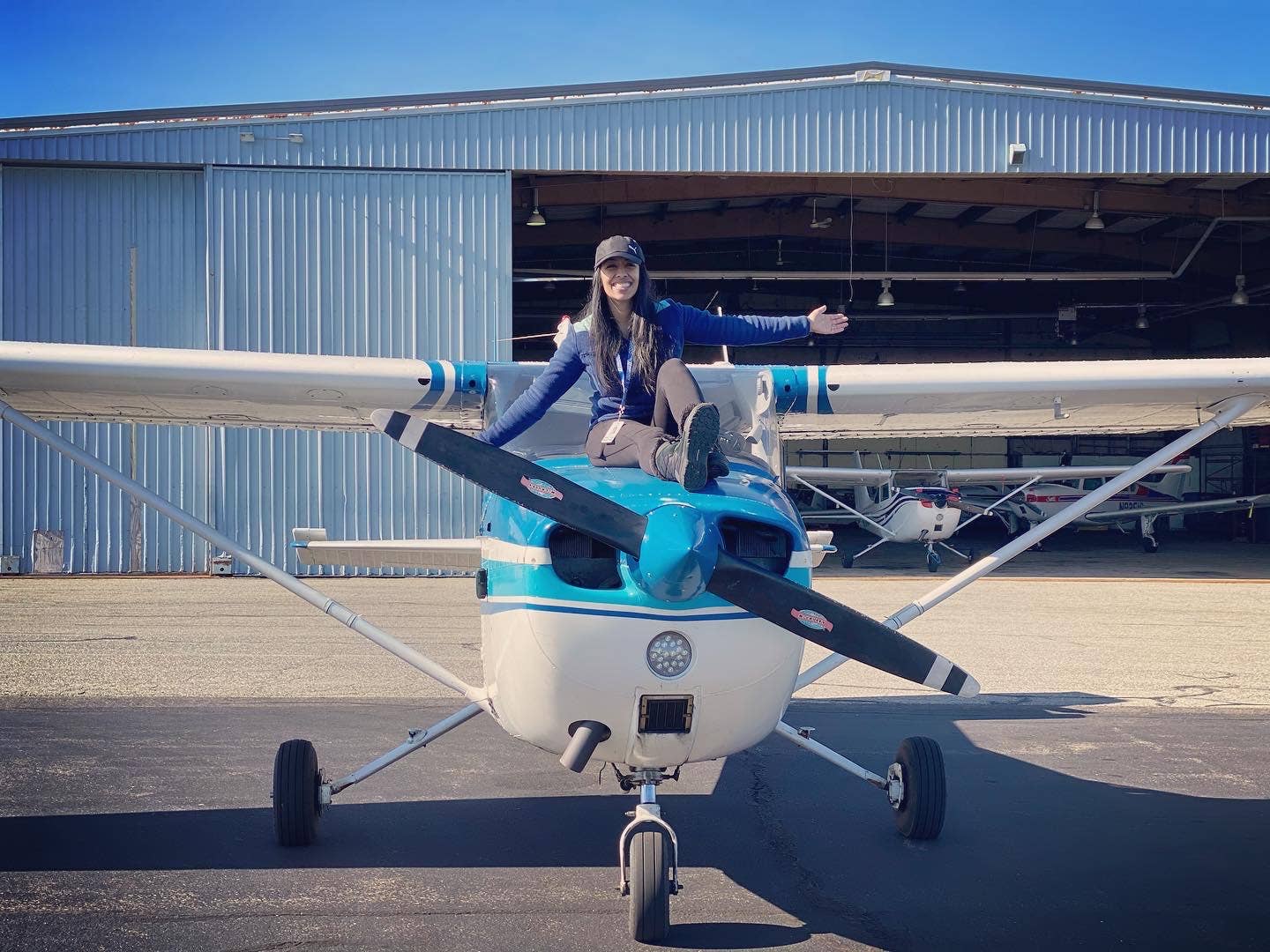No Surprise: FY2008 Budget Contains Aviation User-Fee Proposal
The White House released the Fiscal Year 2008 budget amid fanfare on Monday morning, but general aviation groups arent jumping for joy. In the DOT budget breakdown, the FAA allotment includes $175 million for a 21st Century satellite navigation system to replace older air traffic control equipment and $900 million in additional air traffic control system upgrades, but it also includes an expected user-fee proposal. “The [Bush] Administration will transmit a reauthorization proposal in 2007 that transforms the FAAs excise tax financing system to a cost-based system that recovers most of costs of air traffic services through user fees,” the document states. NBAA quickly rapped the Bush Administration for the move: “After more than a year of intense lobbying by the nation’s big airlines, the White House has decided to introduce a budget that shifts airline costs to other segments of the industry and gives airlines more control over the air traffic system. NBAA and the rest of the general aviation community will oppose this toxic mix of higher taxes, new fees and airline control. The fact is the current approach to funding and oversight of the aviation system is effective and efficient — there is no need for radical ‘fixes’ like those proposed in this budget.”

 The White House released the Fiscal Year 2008 budget amid fanfare on Monday morning, but general aviation groups arent jumping for joy. In the DOT budget breakdown, the FAA allotment includes $175 million for a 21st Century satellite navigation system to replace older air traffic control equipment and $900 million in additional air traffic control system upgrades, but it also includes an expected user-fee proposal. "The [Bush] Administration will transmit a reauthorization proposal in 2007 that transforms the FAAs excise tax financing system to a cost-based system that recovers most of costs of air traffic services through user fees," the document states. NBAA quickly rapped the Bush Administration for the move: "After more than a year of intense lobbying by the nation's big airlines, the White House has decided to introduce a budget that shifts airline costs to other segments of the industry and gives airlines more control over the air traffic system. NBAA and the rest of the general aviation community will oppose this toxic mix of higher taxes, new fees and airline control. The fact is the current approach to funding and oversight of the aviation system is effective and efficient -- there is no need for radical 'fixes' like those proposed in this budget."
The White House released the Fiscal Year 2008 budget amid fanfare on Monday morning, but general aviation groups arent jumping for joy. In the DOT budget breakdown, the FAA allotment includes $175 million for a 21st Century satellite navigation system to replace older air traffic control equipment and $900 million in additional air traffic control system upgrades, but it also includes an expected user-fee proposal. "The [Bush] Administration will transmit a reauthorization proposal in 2007 that transforms the FAAs excise tax financing system to a cost-based system that recovers most of costs of air traffic services through user fees," the document states. NBAA quickly rapped the Bush Administration for the move: "After more than a year of intense lobbying by the nation's big airlines, the White House has decided to introduce a budget that shifts airline costs to other segments of the industry and gives airlines more control over the air traffic system. NBAA and the rest of the general aviation community will oppose this toxic mix of higher taxes, new fees and airline control. The fact is the current approach to funding and oversight of the aviation system is effective and efficient -- there is no need for radical 'fixes' like those proposed in this budget."
The document released by the White House says that, "under the proposal, FAAs financing sources shift from a mix of fuel taxes, other excise taxes, and general fund contributions to user fees, fuel taxes, and a general fund contribution. FAA would have the authority to collect the user fees that directly offset the cost of FAAs operations; expenditure of the available fees would be affirmed in the appropriations process. Air traffic user fees would be collected from commercial aviation operators. General aviation users would continue to pay a fuel tax that would be deposited into the Airport and Airway Trust Fund; fuel tax rates will be calibrated based on the costs that these users impose on the system. The general fund component of FAAs budget would cover activities that benefit the public good like safety and public use of the airspace. Finally, the Airport Improvements Grants program and the majority of Research, Engineering, and Development program would continue to be funded by fuel taxes paid by all aviation users into the Airport and Airway Trust Fund."






